Reform Priorities for Safer Skies
On January 29, 2025, 67 people lost their lives when a U.S. Army Blackhawk helicopter collided midair with American Airlines Flight 5342 near Reagan National Airport. Among the victims were 64 passengers and crew aboard Flight 5342. We are their family members.
This was not an isolated accident—it was the result of long-standing breakdowns in oversight, coordination, and safety systems that were known but never resolved.
We are calling on Congress and the public to help prevent future tragedies. Our priorities are focused, achievable, and designed to fix the cracks that allowed this to happen.
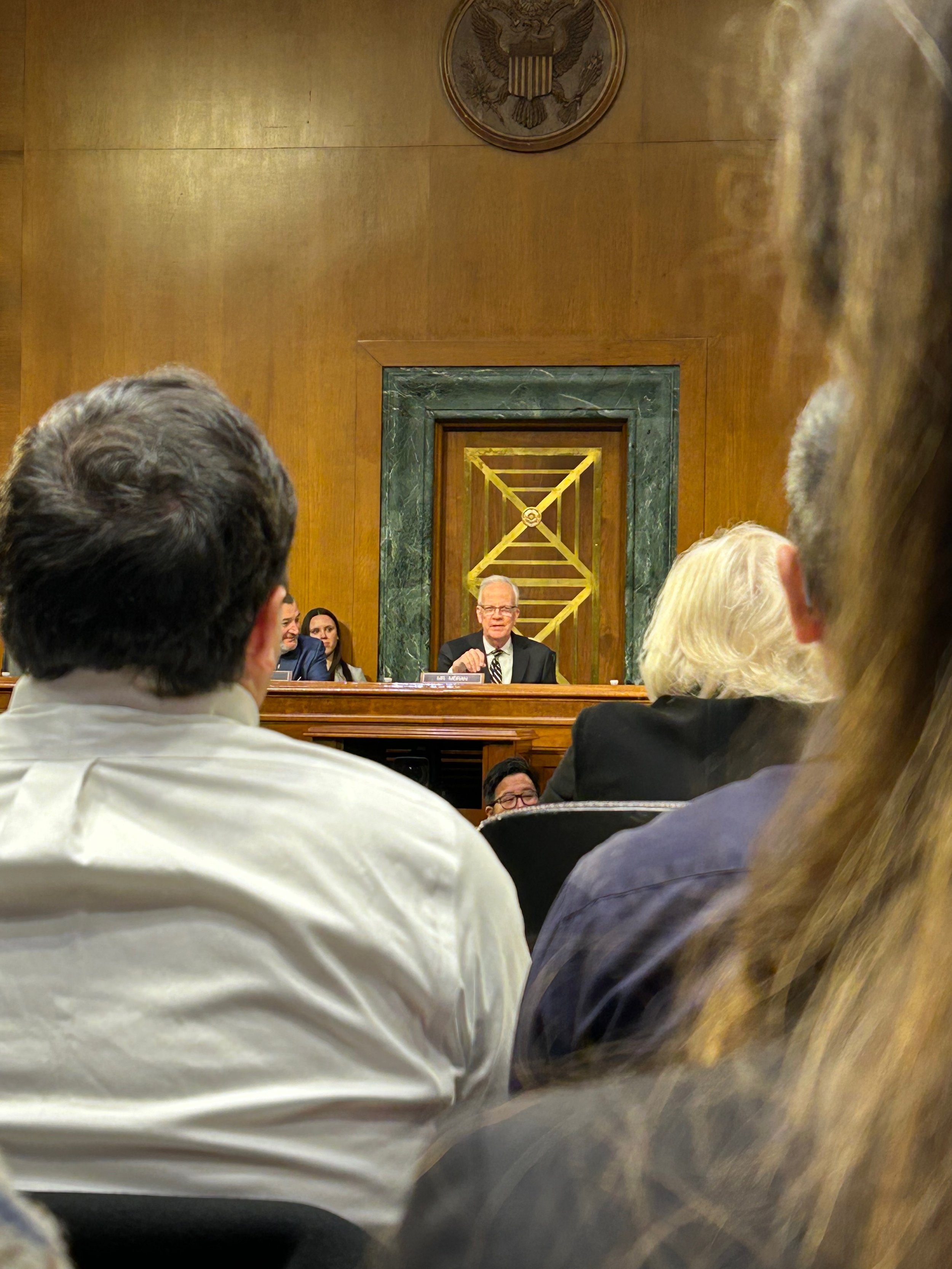
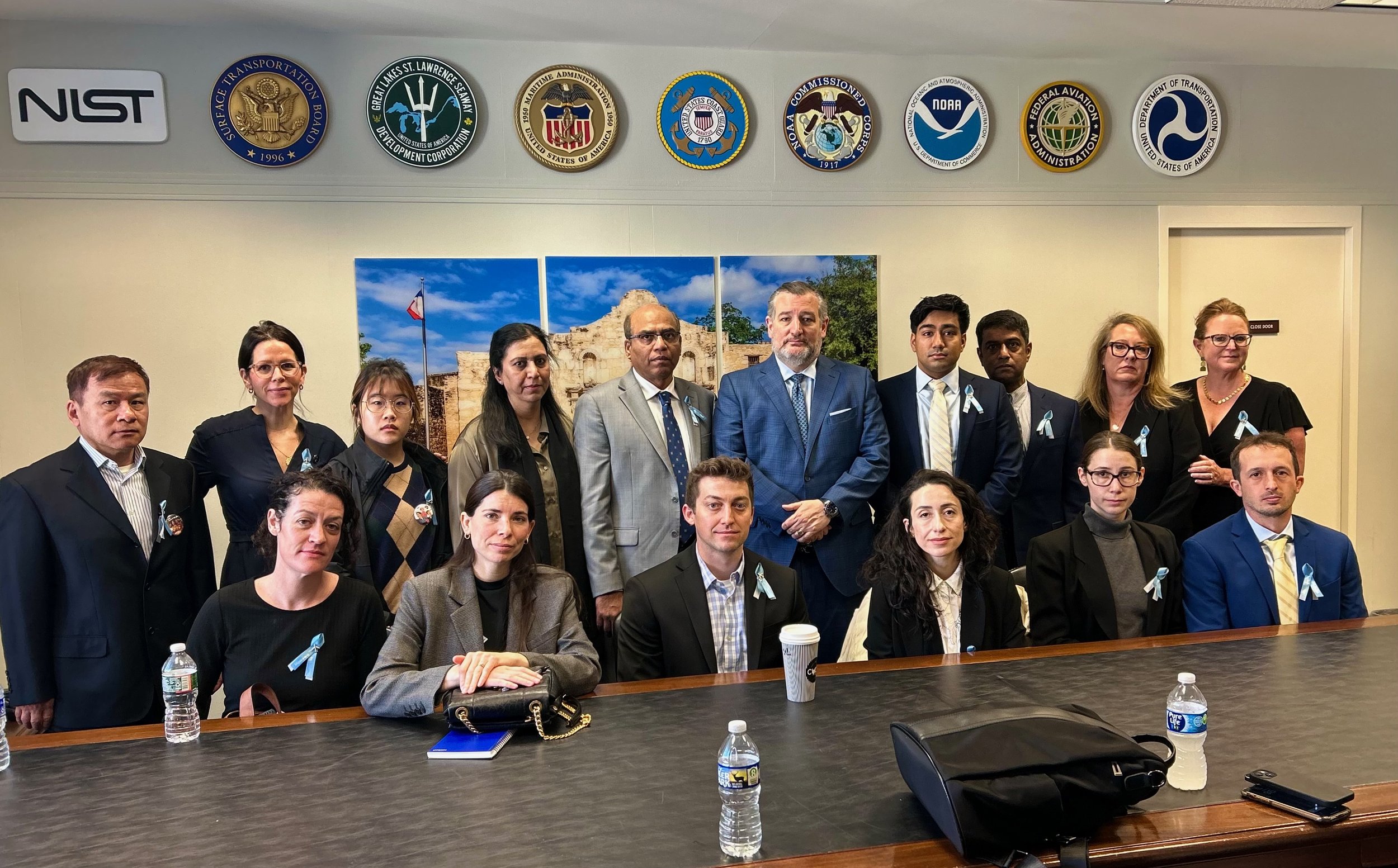
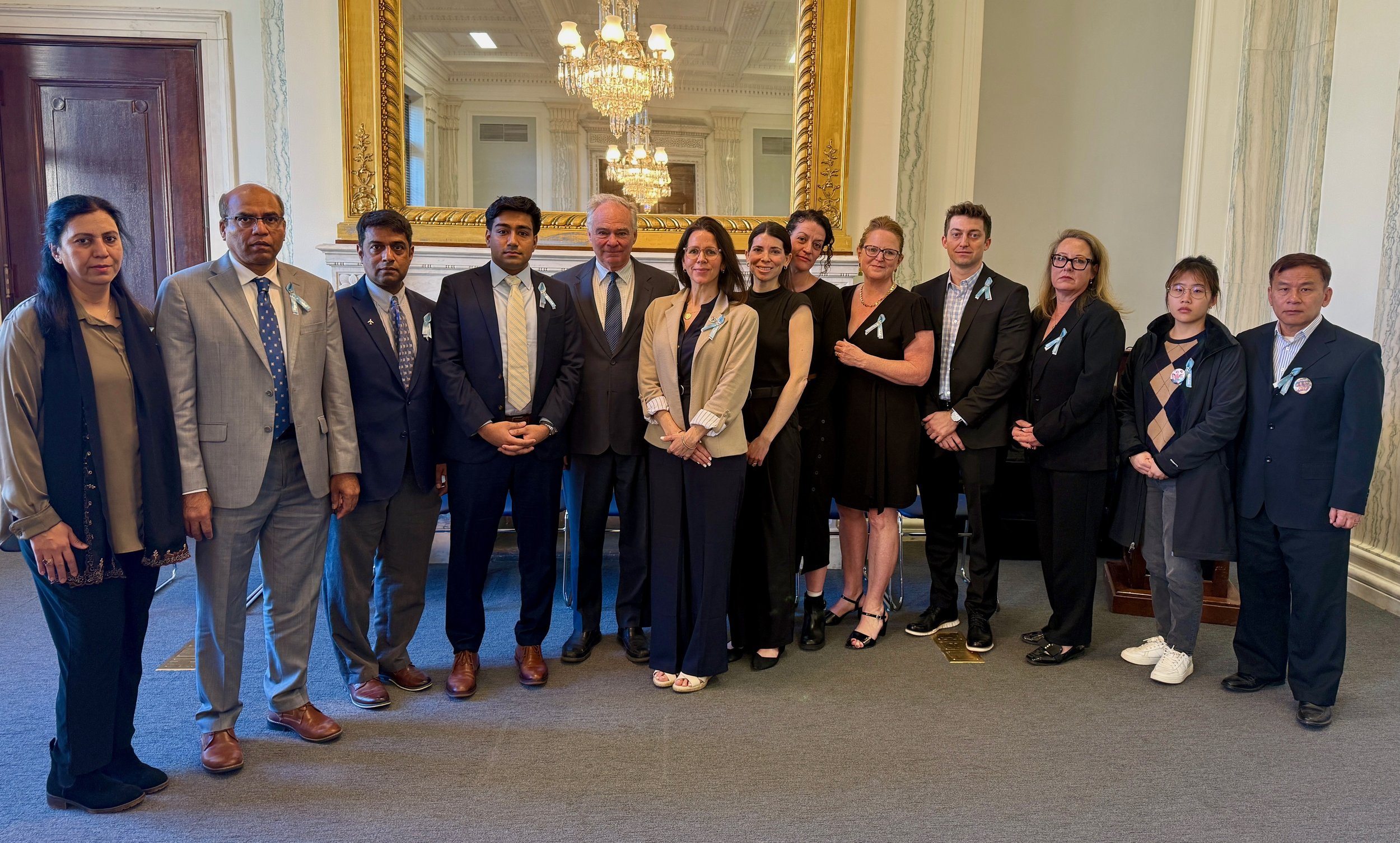

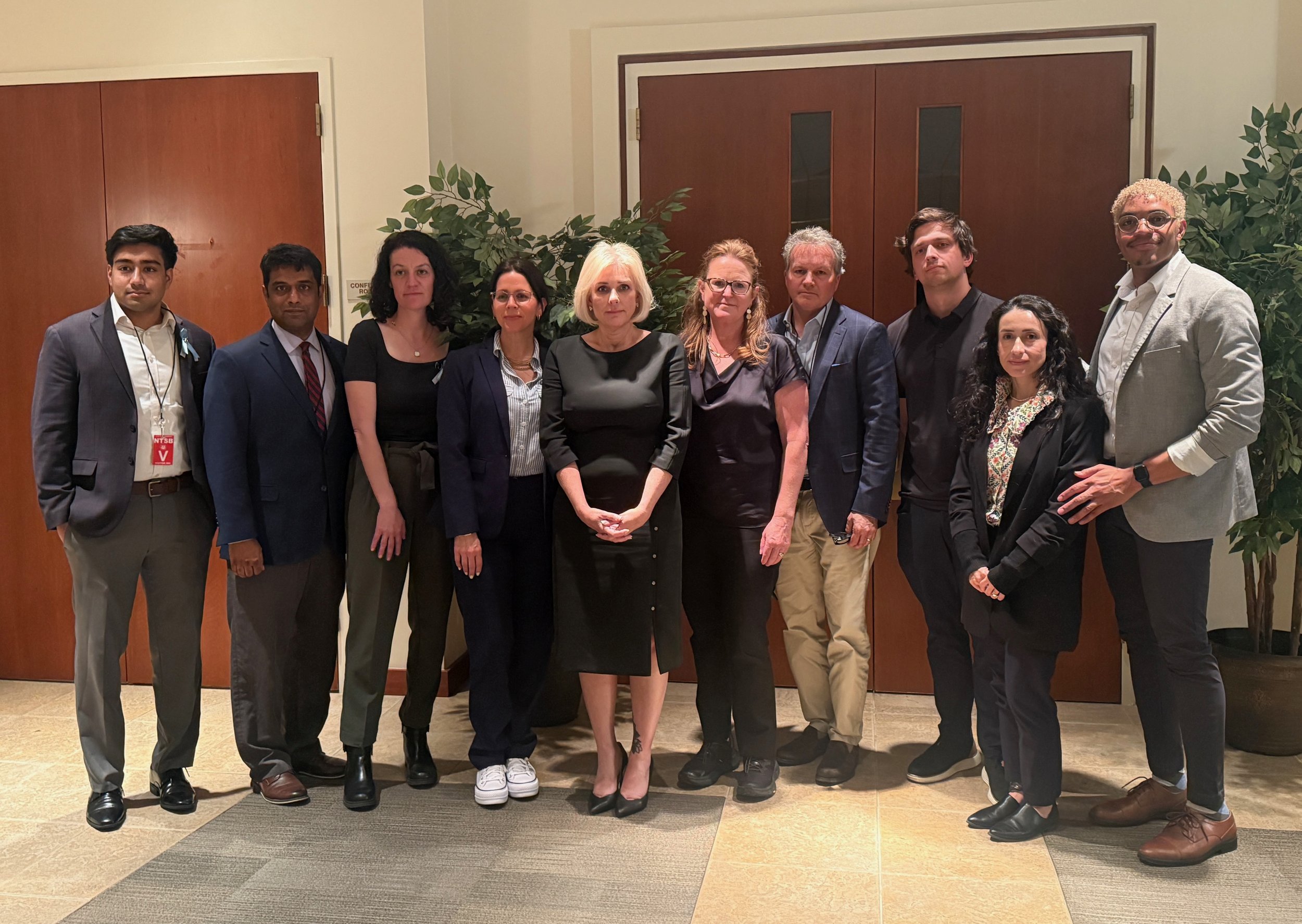
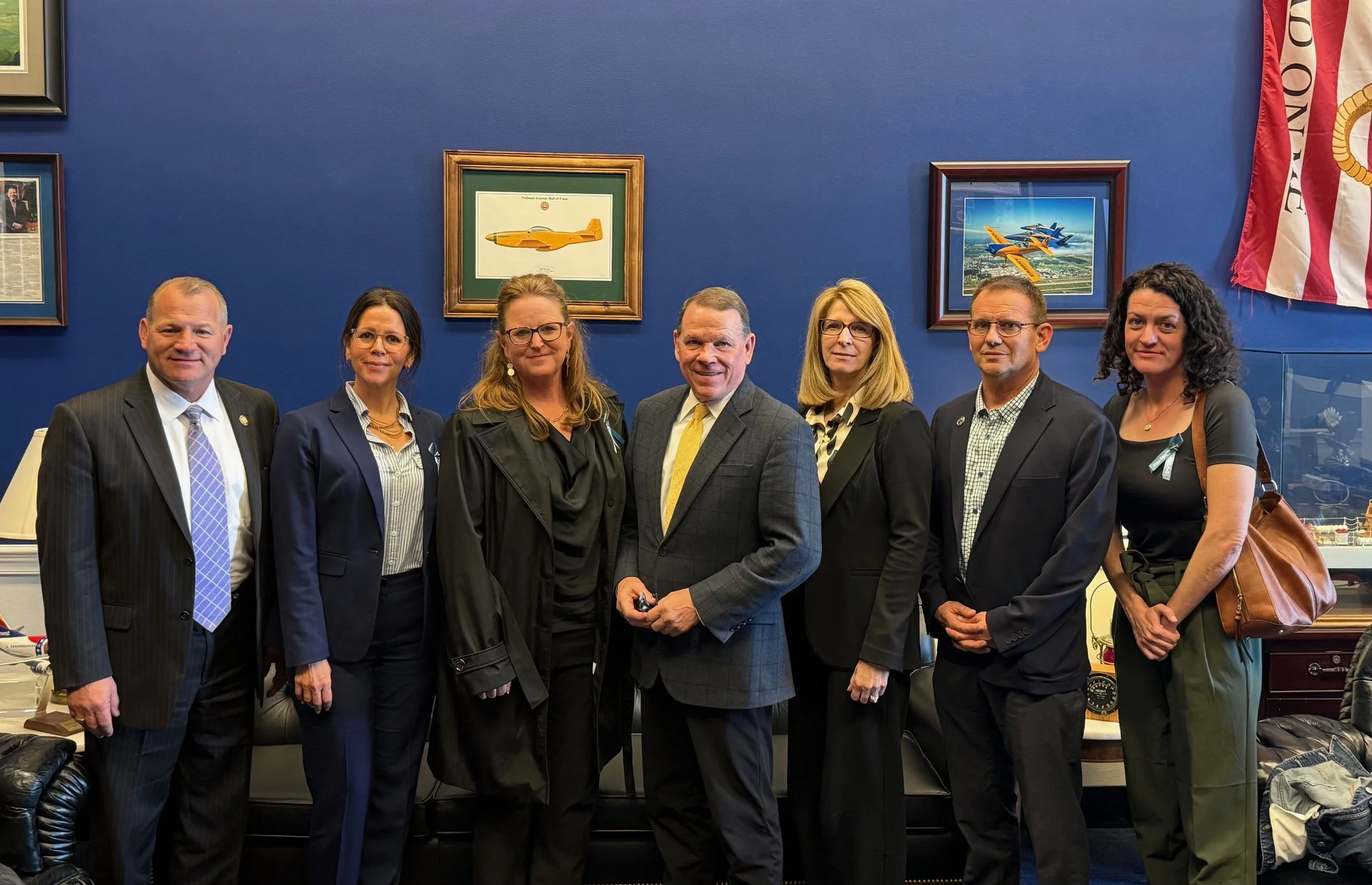
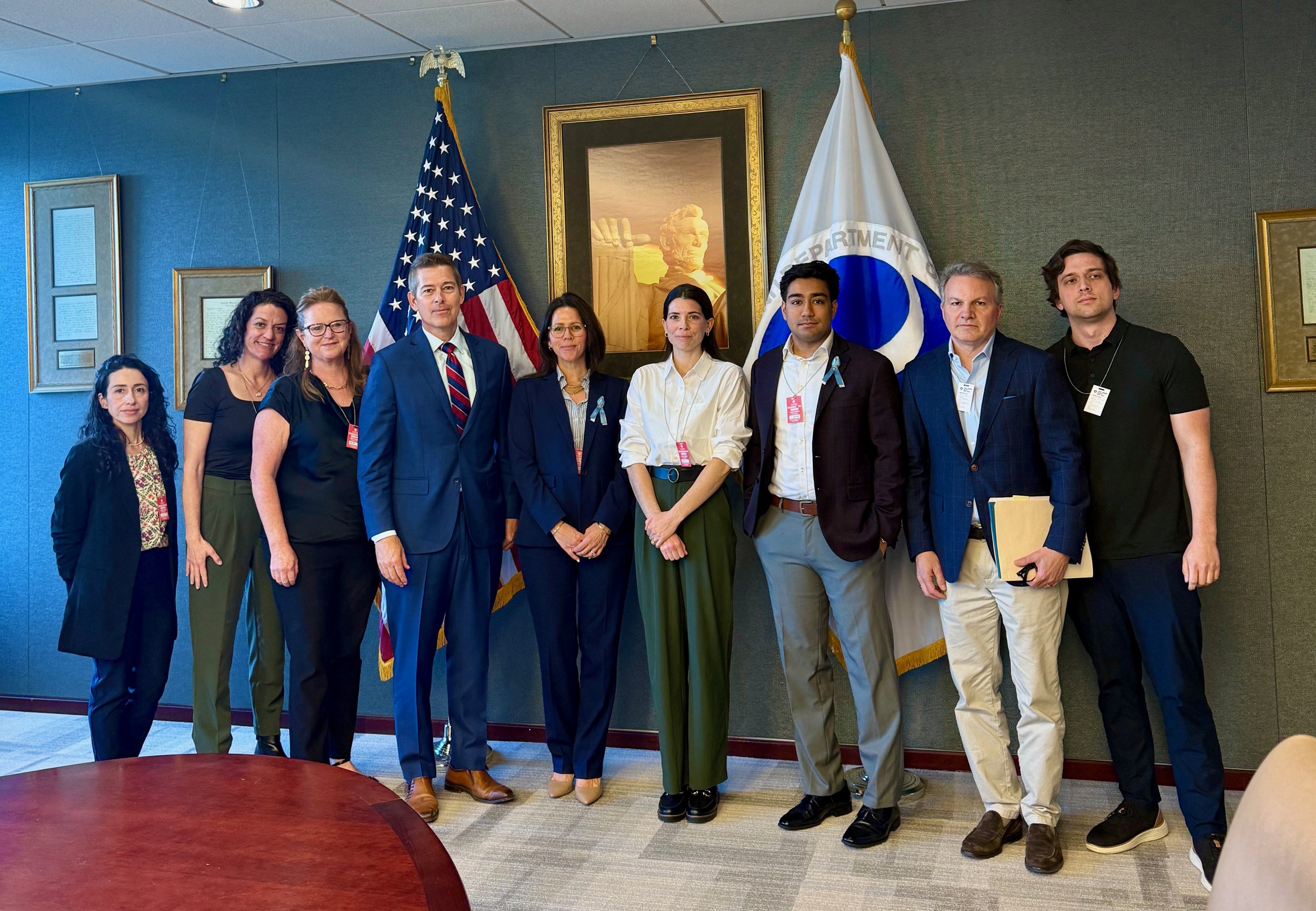

Government Response Scorecard
We are engaging constructively and collaboratively with lawmakers and government agencies to bring meaningful change to aviation safety. We are also using our collective voice to drive urgency and accountability.
Our Government Response Scorecard provides our current assessment of how effectively the U.S. government is responding to the tragedy.
What We’re Asking For: Seven Targeted Reforms to Fix What Failed
1. Independent Investigations by Inspectors General
The NTSB can tell us what happened—but only Inspectors General can uncover why safety systems failed inside the FAA and U.S. Army. We’re calling for independent investigations into institutional breakdowns, accountability gaps, and interagency failures that contributed to the collision.
2. A Comprehensive, Independent Review of Reagan National Airport (DCA)
DCA is operating under extraordinary strain, with narrow margins and military-civilian overlap. We want a short-term, expert-led review of DCA’s operations—including flight volume, airspace design, and FAA oversight—to ensure safety isn't being compromised in one of the country’s busiest corridors.
3. Full Funding and Accountability for ATC Modernization
Despite years of effort, parts of our air traffic control system still rely on paper strips and aging software. We support expedited modernization—but it must come with stable funding and independent oversight to ensure results, not just spending.
4. Mandatory Surveillance and Communication Technology in Shared Airspace
The Army helicopter was not broadcasting its position—a fatal gap. We’re calling for mandatory ADS-B In/Out and interoperable communications for all aircraft operating in civilian-controlled airspace, with exceptions only for narrowly defined national security missions.
5. Ongoing, Independent Certification and High-Fidelity Training for Controllers
Air traffic controllers must be held to recurring standards, just like pilots. We support regular, independent recertification and high-fidelity, scenario-based training that matches the complexity and pressure of today’s airspace.
6. Transparent Safety Data and Oversight of NTSB Recommendations
FAA systems failed to detect thousands of risk events at DCA prior to the crash. We want public dashboards, independent audits of FAA data systems, and a full review of unimplemented or delayed NTSB recommendations—paired with Congressional oversight.
7. Independent Aviation Expertise to Support Congressional Oversight
Congress needs ongoing visibility into FAA operations. We’re asking for the creation of an independent, non-regulatory advisory body to help track reform progress, surface roadblocks, and provide technical support to Members and staff.